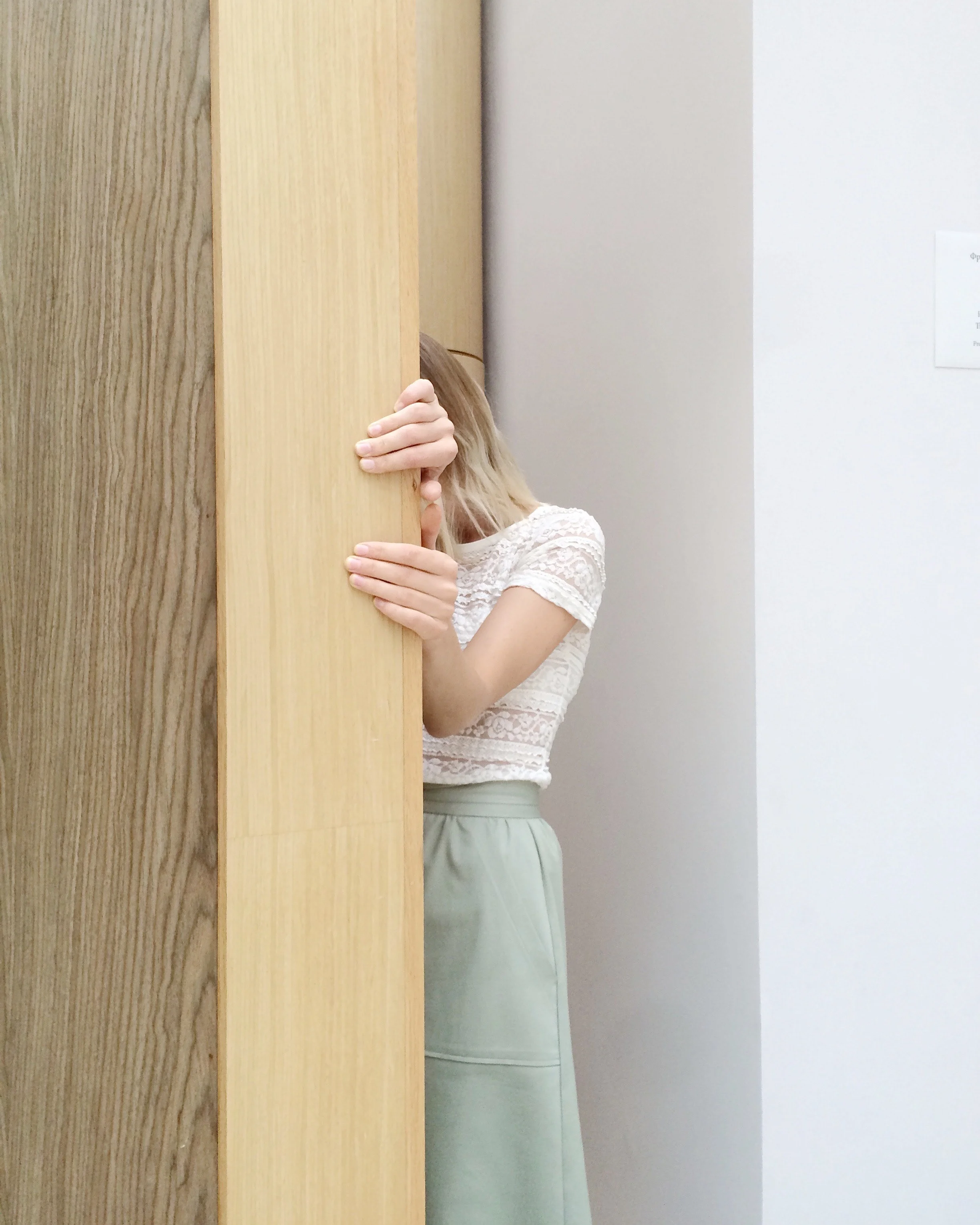As far back as I can remember, I have always loved people. Or at least, the “idea” of people. This may seem horrific to some of my more extroverted friends, but I could happily go sit in the middle of the Mall of America for hours, by myself, contentedly watching strangers pass by me with their families. There is a certain beauty in how people interact with each other, and I consider it a great honor to see it unfold. I just don’t want to be a part of it.
My inclination towards introversion, coupled with depression and social anxiety, makes pushing into community, in any capacity, a very real struggle for me. In a culture that is driven by this weird dichotomy of seeming connected to everyone but also being driven forward by a fierce independence makes what is already an incredibly hard struggle even murkier. Where do we, as Christians, draw the line between what feels right and good about our social interactions and what might feel uncomfortable? How do we balance, as introverts, our real and very necessary need for solitude with the need for community?
To make this less confusing, let’s look at our Truth first. Where does the Bible say we should land on this scale? The Apostle Paul, in his first letter to the Corinthians, gives us a beautiful image of who we are in the context of a body of believers. Let’s read through 1 Corinthians 12:12-13, 21-27.
[12] For just as the body is one and has many members, and all the members of the body, though many, are one body, so it is with Christ. [13] For in one Spirit we were all baptized into one body—Jews or Greeks, slaves or free—and all were made to drink of one Spirit…
[21] The eye cannot say to the hand, “I have no need of you,” nor again the head to the feet, “I have no need of you.” [22] On the contrary, the parts of the body that seem to be weaker are indispensable, [23] and on those parts of the body that we think less honorable we bestow the greater honor, and our unpresentable parts are treated with greater modesty, [24] which our more presentable parts do not require. But God has so composed the body, giving greater honor to the part that lacked it, [25] that there may be no division in the body, but that the members may have the same care for one another. [26] If one member suffers, all suffer together; if one member is honored, all rejoice together.
[27] Now you are the body of Christ and individually members of it.
Regardless of how we feel, Paul is saying that we are part of a body. And, as it goes in our own bodies, we not only play a vital role in the growth of the church, but we are also very much dependent on the other parts of the body for our own growth. The beauty of Christ’s body, the church, is that, though we may all be very different (by race, spiritual giftings, political standings, spiritual maturity, etc), we are one body, drinking from the same cup.
For a long time, I did not think of church as a priority. I fell into the temptation of spreading my introverted inclinations over and on top of my need for Christian fellowship. I had Jesus, and that was enough. Despite my isolated efforts, however, my faith waned and I slowly grew less dependent on Christ as my Savior. I had no one to check my spiritual blind spots, and, not surprisingly, my reflex tended to dismiss and excuse my own sins. As I grew more independent in life, I grew more independent in my faith. As Paul puts it here, I was an eye, thinking that what it could see was all there was. I was an eye who forgot that the things that she saw would be so much richer if I had the sense of touch the fingers provided, or the sense of smell the nose provided, or the gift of hearing the ears provided. Instead, I accepted this incomplete picture as the whole, and suffered greatly for it.
When my family moved to Minneapolis and eventually found our church almost three years ago, I went through a bit of a culture shock, to say the least. I was suddenly surrounded by people who wanted, and some who just expected, to be a part of our lives. It was jarring and uncomfortable, and yet we kept coming back. We felt more at home, sitting there in the back pew, casting our eyes down at the floor during that horrific “WHY DON’T YOU SAY HI TO YOUR NEIGHBOR” time, than we had anywhere else. Something about the very real presence of the heartbeat of community drew us in, despite our knee-jerk reflex to pull our hands away. I understand now that the heartbeat that drew us in was the undeniable life-giving push and pull of the gospel that is repeated every Sunday. The heartbeat of Christ’s death and resurrection is the steady rhythm that calls to our very bones and reminds them whose and what they are. As Paul says in verse 27, “Now you are the body of Christ.” Through God’s great mercy, we are enveloped in the safety of Christ’s body. And it’s his heartbeat, his work, that pushes life into every limb.
With this great truth, however, comes another. As Paul says in Romans 12:1, “I appeal to you therefore, brothers, by the mercies of God, to present your bodies as a living sacrifice, holy and acceptable to God, which is your spiritual worship.” As Christ’s body was sacrificed for the good of all, we must be ready and willing to offer our lives as a living sacrifice for God’s great glory. I do not deny that pushing into community feels sacrificial at times. I often come home from our gatherings and collapse on the couch, weary from head to toe from social aspect of it. I still seek times and places of solitude to recharge. And yet, I have never experienced the growth, in both faith and maturity, that has come from God working through the church body. I have come to know God more deeply than I could have ever hoped to on my own. The picture would have never been more than that, a picture, a single capture, instead of a living, breathing, redeeming broken-but-whole body that IS Jesus in the Church. I experience God’s truth, God’s love, God’s forgiveness, and God’s mercy through the arms and words of the people that are in this body with me. It is, surely, a wonderful, tiring, blessed thing to behold.
So I encourage you, if you are unsure about the role of community, or perhaps very sure about its role (which is not in your life, thank-you-very-much), to push into what God says about you in his Word. Acknowledge that He who created you knows who you are, and what you need, and has provided that for you. And I can say from experience, the church is a great place to start.
LAURA RINAS / GUEST CONTRIBUTOR



